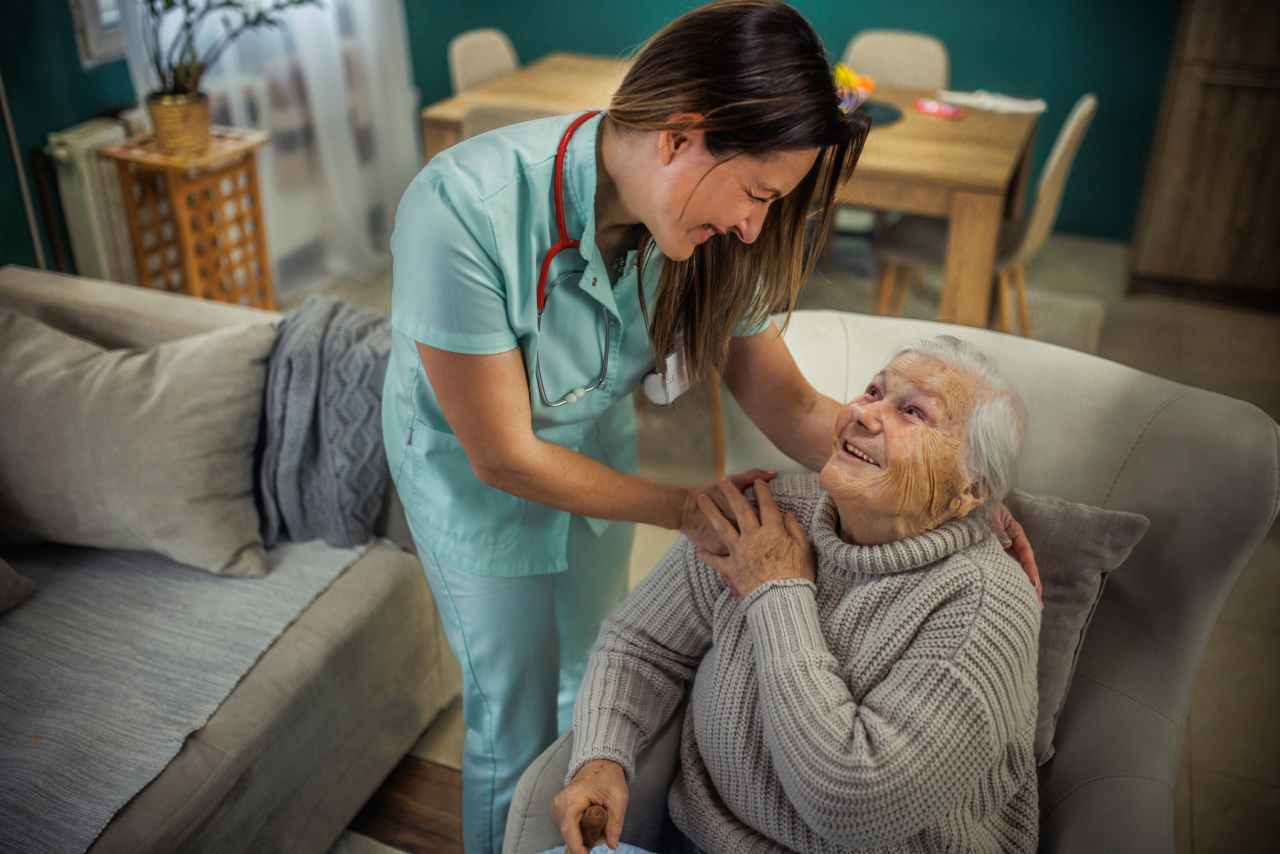New reports confirm a troubling trend: abuse of power of attorney is jeopardizing the well-being of vulnerable hospital patients. As healthcare professionals across the globe witness alarming cases, the message is clear—power of attorney can be misused, leading to dire consequences for patients who may feel trapped in medical facilities.
Just announced by nursing experts, this issue highlights how even individuals with substantial retirement savings can find themselves at the mercy of those they trust. “Even if someone has millions of dollars in retirement, that won’t keep them from being trapped in the hospital,” warns a seasoned nurse who has seen first-hand the destructive effects of this abuse.
The implications are immediate and serious. Patients, particularly the elderly or those with debilitating conditions, can be left without a voice in their own care. Families, caregivers, and medical staff are urged to remain vigilant about the signs of potential misuse.
As healthcare systems around the world grapple with increasing demands, the need for transparency and ethical practices has never been more critical. The power of attorney is designed to protect individuals, yet when mismanaged, it can lead to significant emotional and financial distress for patients and their families.
Authorities and legal experts are calling for heightened awareness and education on this issue. Hospitals and healthcare providers are encouraged to implement strict protocols to safeguard patients against potential exploitation.
What to watch for: If you are a caregiver or family member, look for red flags such as sudden changes in a patient’s treatment plan, restricted communication with healthcare providers, or unusual financial transactions.
In light of these developments, patients and their families are advised to review their power of attorney documents and ensure they are working with trusted individuals. The need for due diligence is urgent, as the risks of power of attorney abuse could affect anyone in a healthcare setting.
Stay informed and share this critical information with your network. The more people who are aware, the better we can protect vulnerable individuals from potential exploitation in healthcare environments.





































































